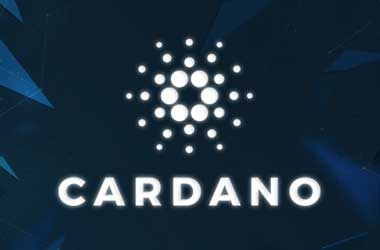
According to data provided by TradingView, Ada rose 27%, from a low of $0.98 to a fresh all-time high of $1.37 on February 26, aided by a surge in trading volume.
The underlying bullishness for the venture has been increasing throughout February following the implementation of the Mary upgrade to Cardano’s testnet on February 3.
The overhaul paves way for smart contract feature, assisting in the transformation of the blockchain into a multi-asset network comparable to Ethereum.
The recent increase in price parallels the tweet made by Cardano founder Charles Hoskinson’s statement that Mary covenant would go live on the mainnet on March 1:
Ladies and Gentlemen, the rocket is in the air. Mary will reach orbit in one epoch: https://t.co/7D9WTH68iw welcome to the Mary era: “I was benevolent and good; misery made me a fiend. Make me happy, and I shall again be virtuous.”
— Charles Hoskinson (@IOHK_Charles) February 24, 2021
Ada, for a short-period of time, traded over $1.17 before overall pressure in crypto market pushed the price down to $1.00 on February 25. Soon, trading volume for Cardano’s native crypto rose to a fresh all-time high of $12.80 billion, aiding the token to reach $1.28, reflecting a gain of 19.1% in the last 24 hours.
In case of Ada futures, open interest increased to $580 million, eclipsing Litecoin (LTC) to transform into the third biggest asset on the basis of derivatives contract volume. Notably, market circumstances for Ada have turned propitious.
The VORTECS™ score, custom-built for Cointelegraph, uses an algo based comparison of past and prevailing market scenario drawn from a combo of data, including trading volume, market sentiment, latest price volatility and Twitter activity. The VORTECS™ score for Ada hit a peak of 79 on February 25, almost 24 hours earlier to the price surge of about 25% that took the token to a fresh historical high.
The main aspect of Mary upgrade is the smart contract feature and is anticipated to open up new capabilities for the Cardano network. Following the upgrade, DeFi (decentralized finance) applications can be hosted on the network, allowing users to save costs in the form of high gas fees on Ethereum network.